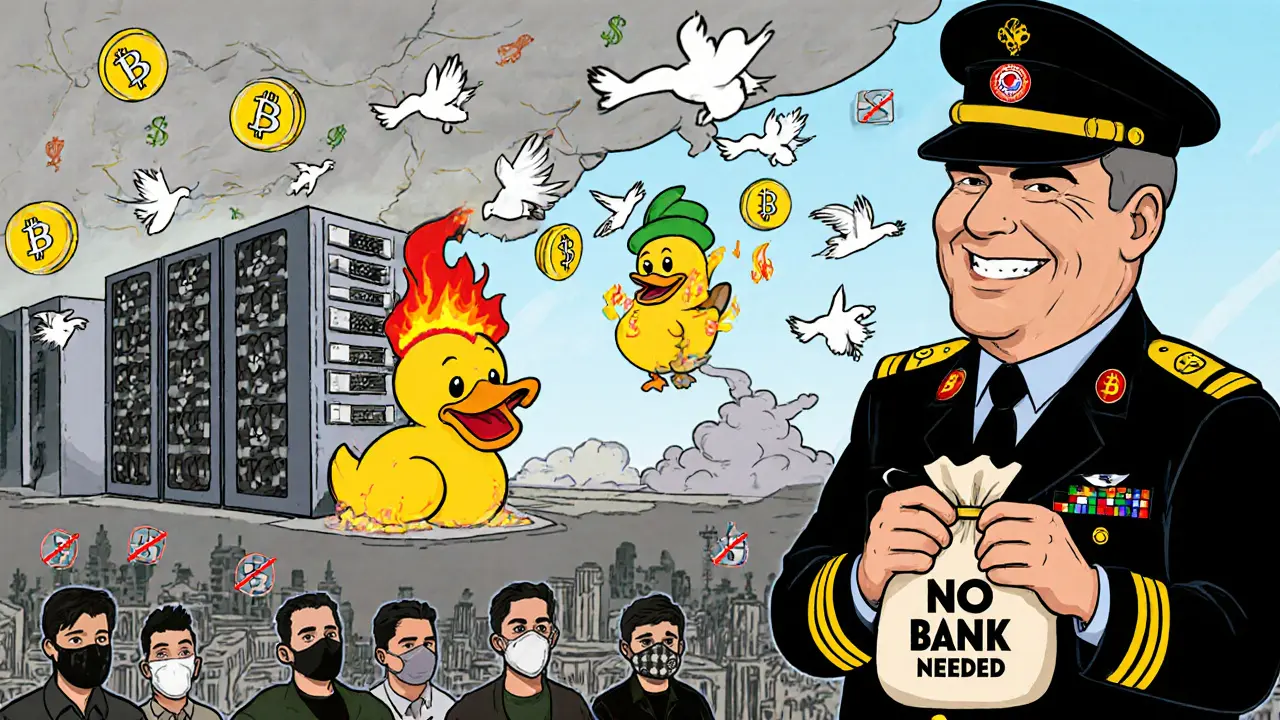Bitcoin Mining Iran: How Geopolitics and Energy Shape Crypto Mining
When you think of Bitcoin mining, the process of validating Bitcoin transactions using powerful computers to solve cryptographic puzzles and earn new coins. Also known as crypto mining, it’s often associated with data centers in the U.S. or hydro-powered facilities in Iceland. But one of the largest hidden hubs for Bitcoin mining isn’t in Silicon Valley—it’s in Iran, a country with state-backed energy subsidies and limited access to global financial systems.
Iran’s crypto mining, the use of specialized hardware to secure blockchain networks and earn cryptocurrency rewards took off after 2019, when the government lifted a temporary ban and realized it could turn surplus electricity into hard currency. With some of the lowest electricity prices in the world—often under $0.01 per kWh—miners flooded the country with rigs. Factories, warehouses, even homes turned into mining farms. The government didn’t just allow it—they started taxing it, creating a strange hybrid: state-regulated, energy-subsidized crypto mining. This isn’t just about profit. It’s a workaround for sanctions. When banks cut Iran off, crypto became a lifeline. Miners sold Bitcoin for cash, paid for imports, and kept the economy running. It’s not perfect. Power outages are common. The government sometimes shuts down farms to save electricity during winter. But the scale? Massive. Estimates suggest Iran once ranked in the top five global Bitcoin mining nations.
What makes this even more interesting is how it connects to other trends you’ll find in these posts. You’ll see how crypto mining ties into energy policy, how Bitcoin mining rewards work under changing difficulty levels, and how Iran cryptocurrency policy shifts with global pressure. You’ll also find posts about mining hardware, energy costs, and how governments react when crypto becomes too big to ignore. Some of the articles here cover exchanges where Iranian miners cash out, others warn about fake mining rigs, and a few dig into how sanctions reshape the entire crypto supply chain. This isn’t just about one country. It’s about how the world’s most decentralized network became a tool for the most restricted economies—and why that matters for every miner, investor, or trader watching the space.

